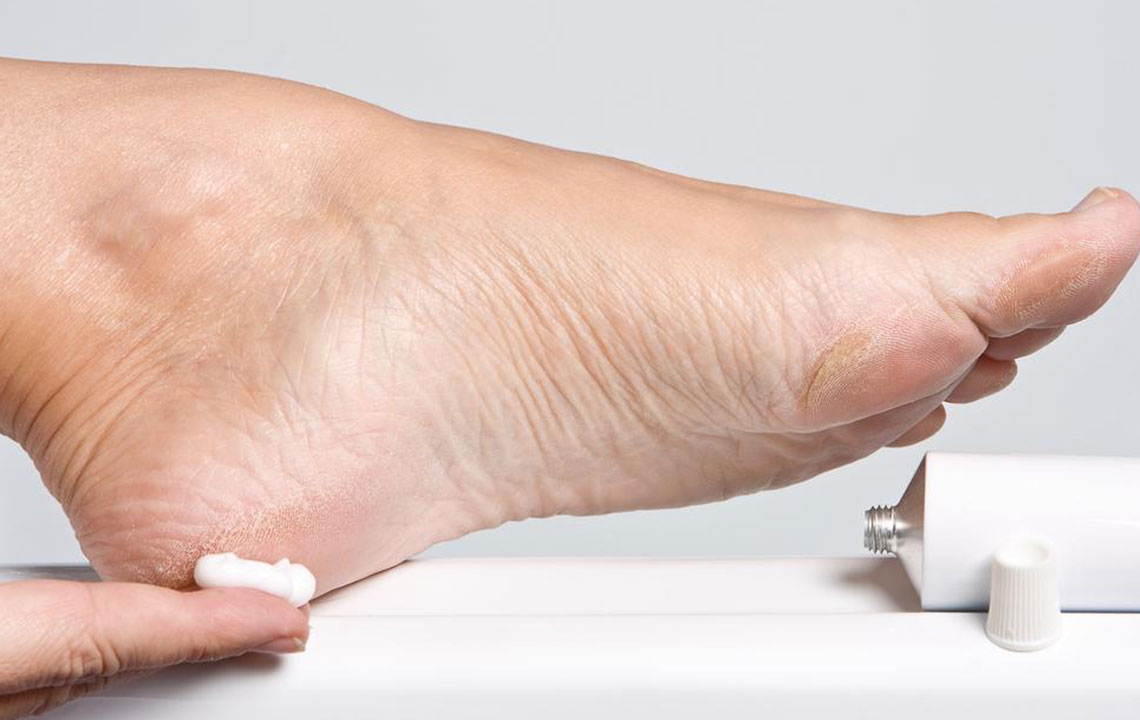Top Strategies for Managing Persistent Pain
Effective management of chronic pain involves advanced treatments like nerve ablation, corticosteroid injections, and medications such as opioids and antidepressants. Natural therapies including physical therapy and acupuncture also play a vital role. Consulting healthcare professionals promptly helps tailor a personalized approach, reducing discomfort and improving quality of life.
Sponsored

Understanding Chronic Discomfort
Discomfort that occurs due to injuries or muscle strains often subsides within days with rest or medication. This is known as acute pain. However, when pain persists beyond a few months or years, it is considered chronic pain, often resulting from ongoing injury or age-related changes.
Chronic pain poses serious health risks, including sleep disturbances, depression, mood swings, fatigue, and decreased daily functioning. Addressing it promptly is essential for better quality of life.
Various treatment options are available to alleviate and control chronic pain effectively:
Radiofrequency Ablation (RFA): This technique targets nerves that transmit pain signals. The doctor locates the problematic nerve using imaging, then applies local anesthesia and destroys or disables the nerve tissue to prevent pain signals from reaching the brain.
Injections and Pain Medications: Steroid injections directly into painful areas can reduce inflammation and numb nerves. Common types include:
Nerve Root Blocks: For pain in limbs linked to spinal nerves.
Trigger Point Injections: Into tight muscle spots to relieve nerve pressure.
Opioids such as fentanyl, oxycodone, and hydrocodone help in pain relief by blocking nerve signals, but they carry risks like drowsiness, constipation, and potential addiction, so they require careful monitoring.
Antidepressants: Drugs like amitriptyline and imipramine indirectly aid in managing nerve pain and conditions such as fibromyalgia and migraines by modifying neurotransmitter levels over time.
Natural and Physical Therapies: Techniques like physical therapy, heat or cold therapy, acupuncture, and customized exercise routines can significantly reduce pain by decreasing inflammation and enhancing pain tolerance.
Seek medical advice promptly to find the most suitable treatment for your persistent pain and improve your well-being.






